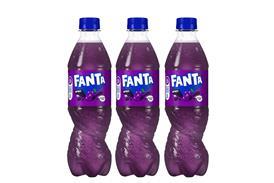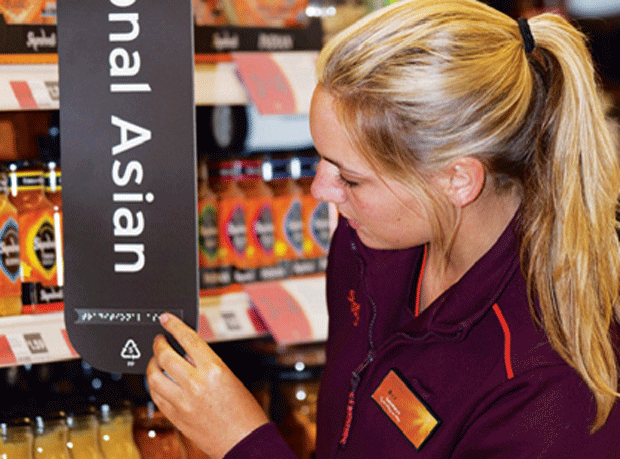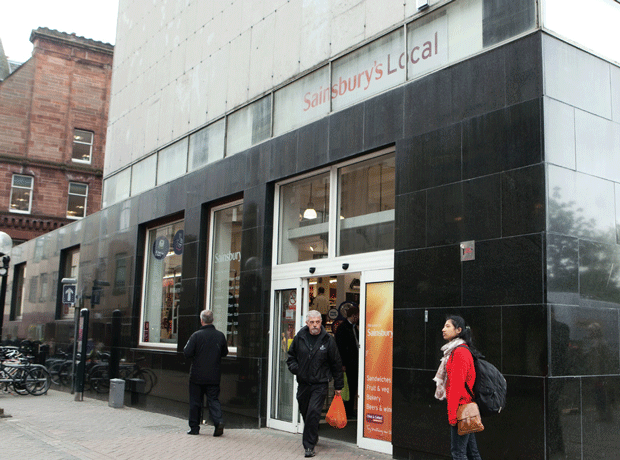Sourcing is very much on people’s minds at the moment. It’s certainly high on my agenda, having just returned from two weeks visiting over 250 of our African farmers and growers. I’ve been struck more than ever by the commonalties between our partners in the UK and those overseas - not just economically, but also environmentally, socially and ethically.
People used to buy direct from the producer. Today, they rely on us to provide products at fair prices in a way that’s also better for animals, the environment, our suppliers and their communities. This necessitates a fundamentally different approach to supply chains. Sharing information and new, closer forms of focused collaboration are key.
Our Africa Supplier Conferences, now in their fourth year, are a great forum for sharing research and development ideas and getting grower and supplier feedback.
“The data has more real value because it shows them how to improve”
Starting in Stellenbosch, South Africa, we looked at everything from the challenge of citrus black spot to how we might transfer our knowledge of grapes to the wider produce industry. Later, I was in Lake Naivasha, Kenya, to visit a water management project we’re supporting. The area is key to our cut-flowers business and we have a tree-planting project in the upper catchment area.
This approach is echoed in the relationships we’ve built with our British farmers and growers through 10 established development groups. The Dairy Development Group was formed six years ago in response to huge fluctuations in the market price of milk, to work on improving economic sustainability and the quality of produce.
With over 300 farmers, it now sells 4% more milk than in 2006 - without having taken on a single new farmer.
Why has this worked? The benefits are straightforward. Members were initially paid a premium over and above the market price of milk. In return, we collected farm-level data to get an overall picture of efficiency and effectiveness and provided each farm with data benchmarked across animal welfare indicators as well as energy management, carbon footprinting and water management.
This has done more to improve dairy farmer productivity than any initiative I have seen in the past 20 years. In fact, the farmers would say the data has more real value to them than the premium, because it allows them to see opportunities for improvement.
Our 20x20 Sustainability Plan commits us to hitting a billion pounds’ worth of sales in fairly traded products and doubling the amount of British food we sell by 2020. We’ll also be sourcing to higher welfare standards and ensuring key raw materials and commodities are sourced to an independent standard.
These are demanding goals and we’re not yet sure how they will be achieved. But we do know this is what our customers expect and our farmers need. We’re also clear that it will only be achieved through new value chains, with new ways of working, new investment, new partnerships and, perhaps above all, new attitudes. This is how we can sustain a future of farming that’s in everyone’s interests.
Judith Batchelar is director of Sainsbury’s brand



















No comments yet